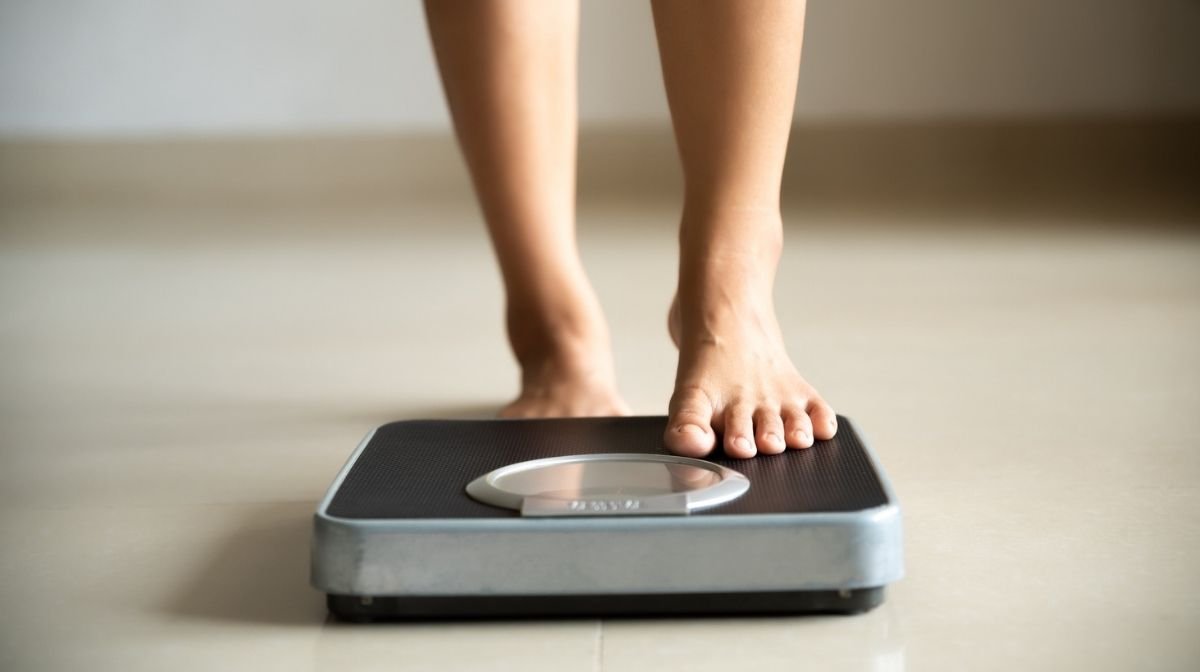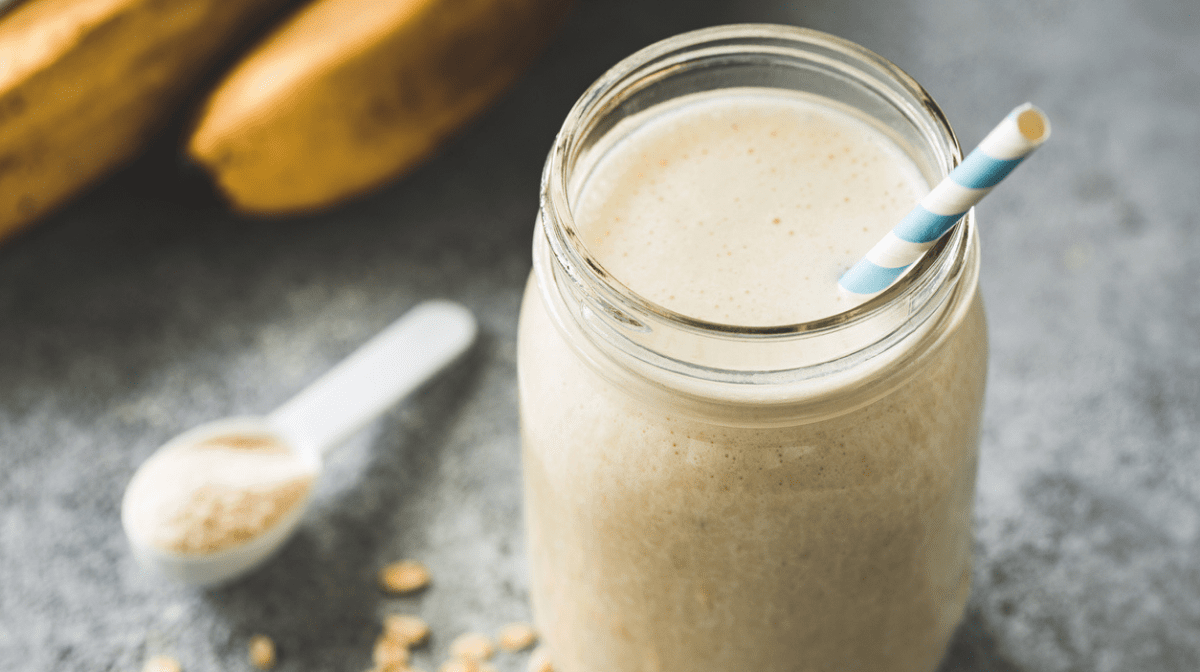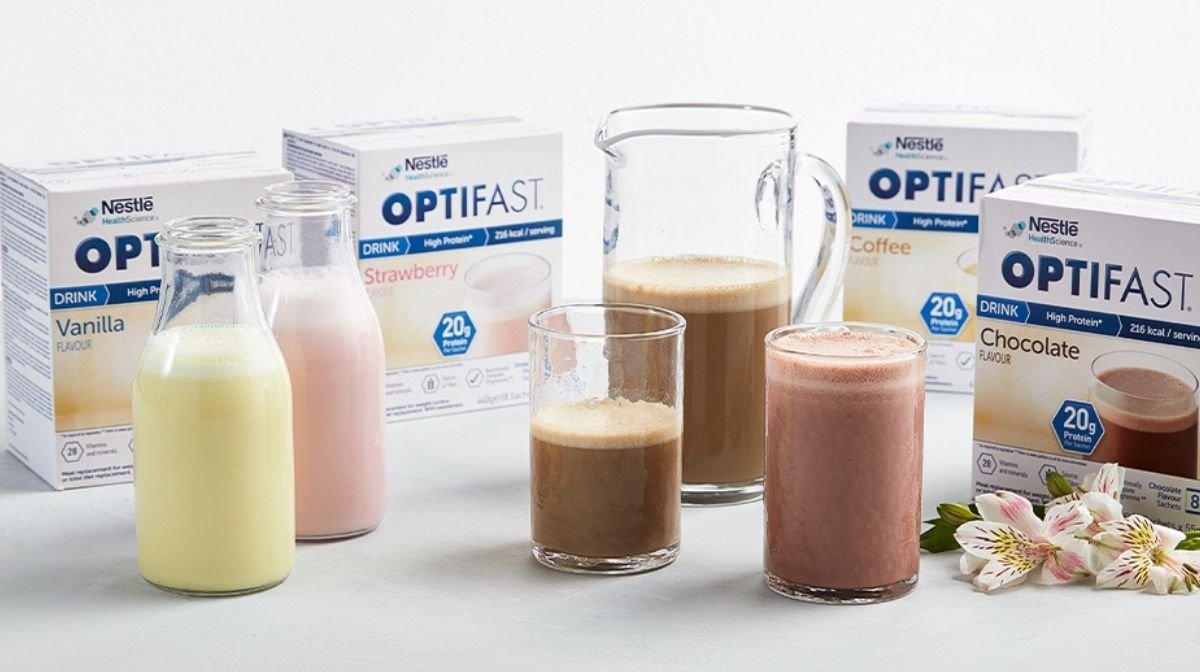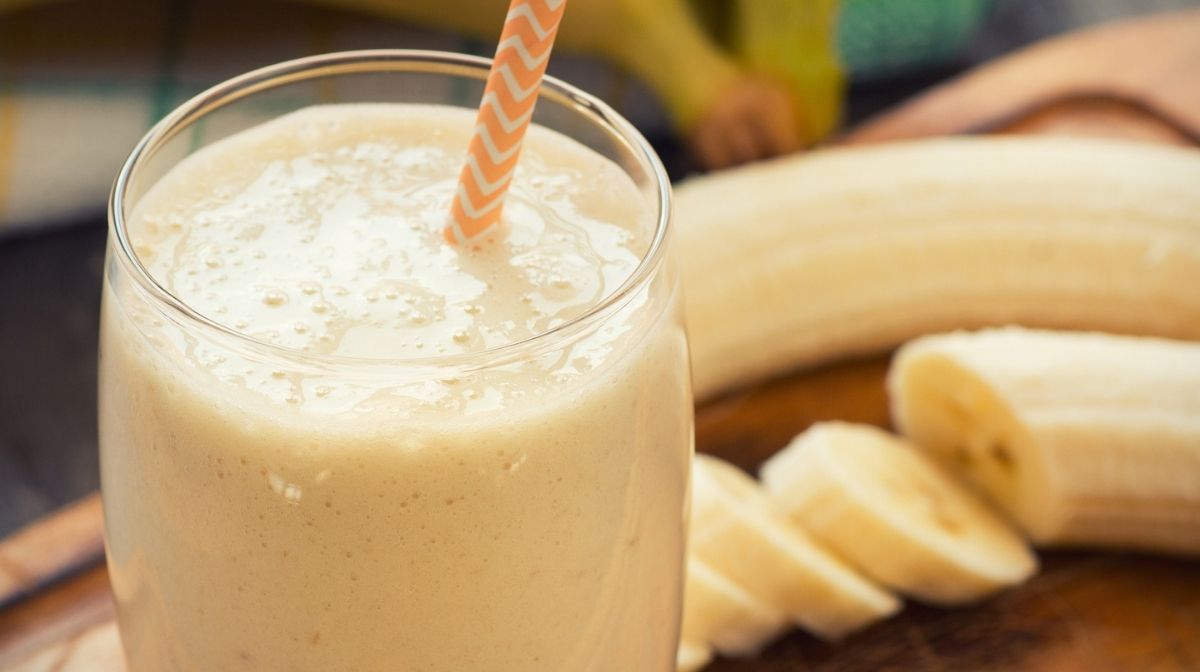When you’ve started a new weight loss plan and have stuck to it 100%, you should see a decrease on the scales, even as early as after the first week. However, after a few weeks, you may notice that your initial weight loss starts to slow.
This can feel disheartening and lead you to wonder if you’re doing something wrong; but you shouldn’t worry, as this is pretty typical because some of your initial weight loss is actually water weight. If you continue to follow the plan, you should continue to see losses. They will just likely be smaller than that initial first-week weight loss.
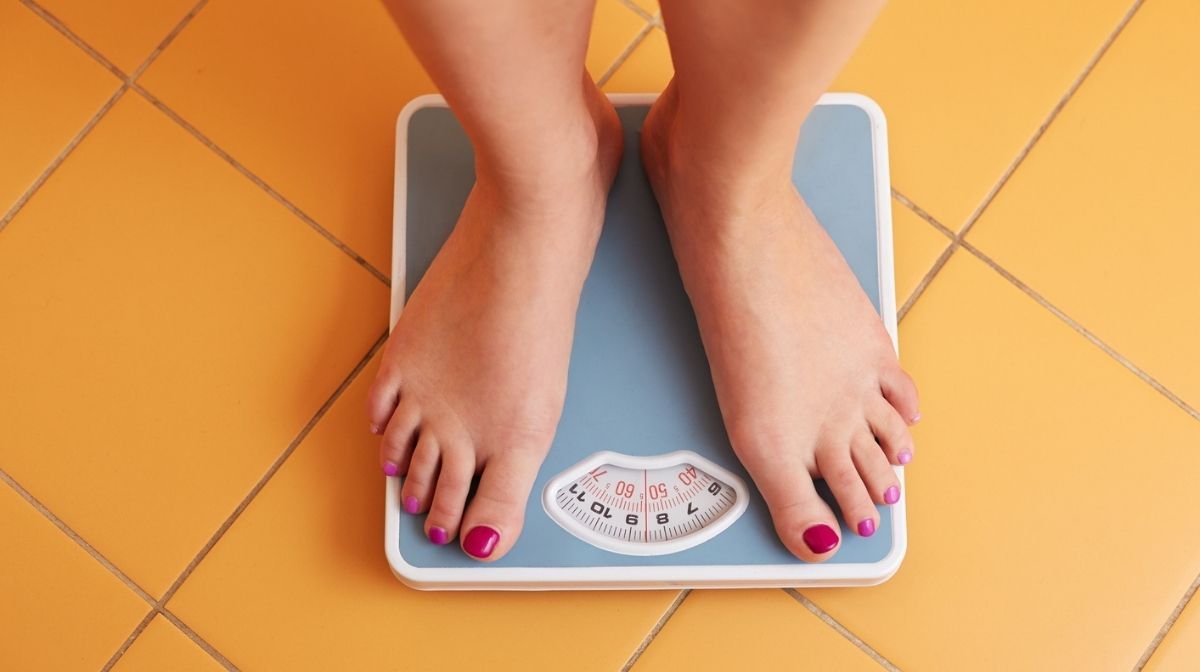
What is Water Weight?
Water weight refers to any extra weight being held by your body. Carbohydrates from our diet are stored in the body as glycogen along with water. If our intake of carbs decreases dramatically, as it can with many weight loss plans, we will start to use up our glycogen stores.
As our glycogen stores become depleted, we also lose some of the water that was stored along with it. When we step on the scales, it might appear that we’ve ‘lost weight’, but a significant proportion of this is likely due to water loss instead of fat loss.
Why Weight Loss is Greater at the Beginning of a Diet
Shedding water weight isn’t the only reason behind significant weight loss at the start of a weight loss plan. When you reduce your daily calorie intake, it forces your body to use glycogen stores for energy, rather than the calories you’re consuming.
Another reason why weight loss can be higher at the start of a diet is because people who weigh more tend to burn more calories than people who weigh less. This means that at the start of your weight loss journey, your body will burn more calories to move, walk and do other types of exercise.

However, once you’ve lost some weight and you’re a little lighter, your body won’t use as many calories for energy when doing any kind of activity. In other words, your rate of weight loss may start to slow.
What to Do When the Weight Loss Slows
If you stick to your weight loss plan, you’ll continue to lose weight, just at a slower pace. So just remember that this is typical and to keep your momentum going.
Surround yourself with friends and family to support you and provide encouragement and motivation as you continue your weight loss journey. We also recommend joining our closed Facebook group, which is full of advice and inspiration from other people following OPTIFAST weight loss plans.
Always remember why you started your weight loss journey and keep your end goal in mind. Remind yourself that everyone’s journey is different with different starting points and different rates of weight loss, so try not to compare yourself too much to others.
Depending on the weight loss plan you choose, your rate of weight loss will vary from fast to slow and steady.
Ultimately, what’s most important is to choose the plan that works best for you and your lifestyle. This will help ensure you can adopt and sustain new healthier eating habits and keep the weight off long term.
Read up on the different OPTIFAST plans to find the right one for your goals:
